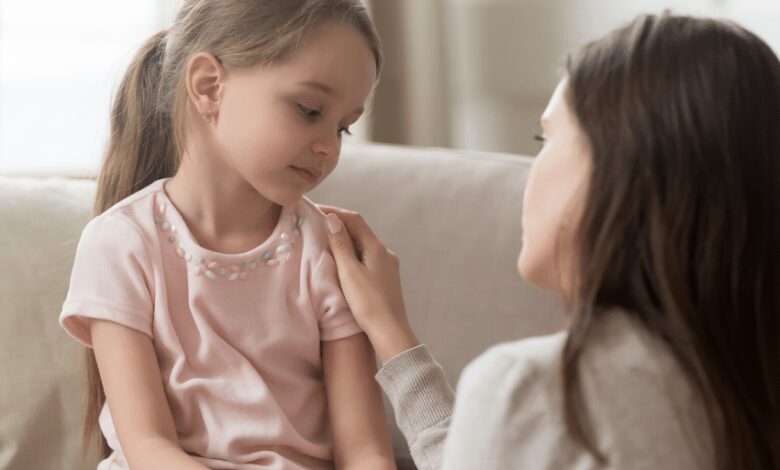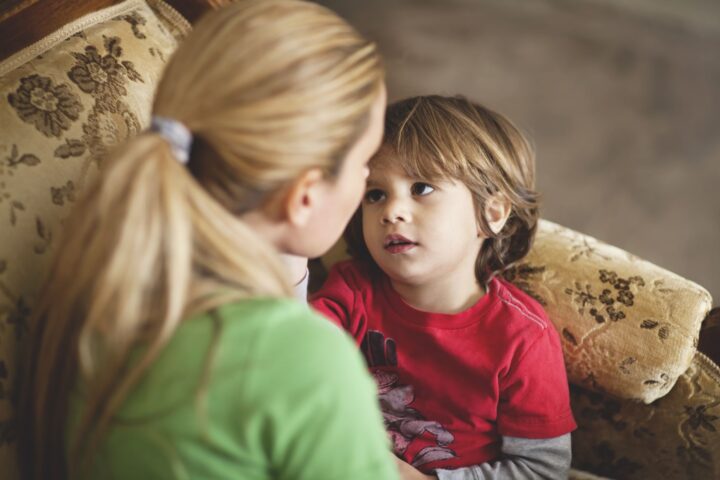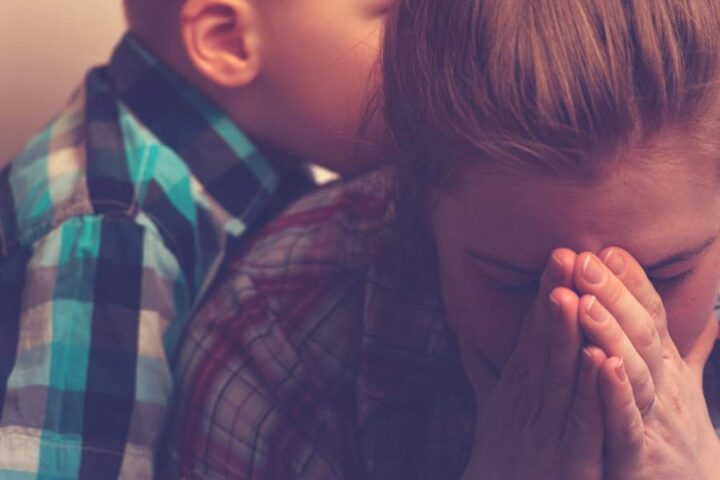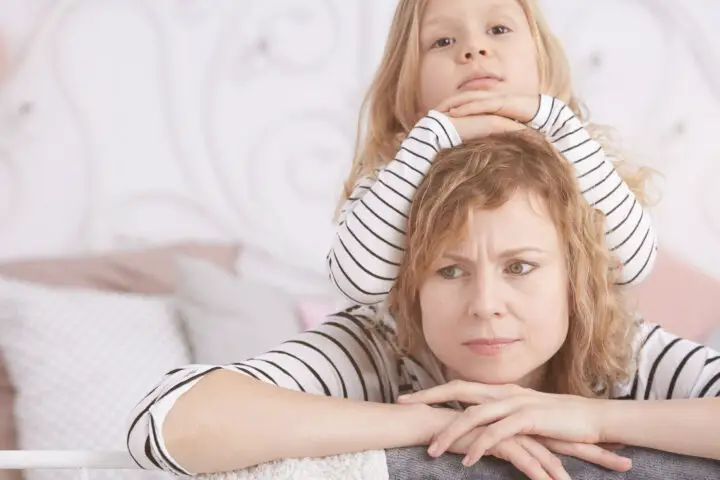
Is it just me, or do kids have a special ability to behave at their worst precisely when you’re least able to handle it? You’re rushing to get out of the door, drive them to school, and make it in time for your 10:00 am meeting. Then, suddenly, a stubborn little voice says, “No! I don’t want to wear a jacket!” in 30-degree weather, and you just know you won’t have the patience to deal with this today.
So what do you do next? Do you yell, break into an exasperated lecture on how they’re going to get sick if they don’t wear the coat, or throw in the towel, sigh “whatever” and punish them by revoking their TV rights for a week? These are all normal reactions when your kids are driving you to the point of insanity. But that doesn’t mean that there isn’t a better way.
These days, more experts are recommending “gentle discipline,” a parenting approach that focuses on respect, kindness, and trust as opposed to punishment and guilt. The goal of gentle discipline is to teach kids how to express their feelings in socially appropriate ways by providing negative consequences in ways that respect their emotional and physical needs.
If that sounds like something you might want to try, here are six tips to help you get started.
Regulate your own emotions

This might sound a little harsh, but if your kids have a hard time managing their emotions, it may be because you have a hard time managing yours to begin with. Remember that children learn by example, and as a parent, you’re naturally their main source of inspiration when it comes to absorbing behavior cues.
If you feel like you’ve been lashing out more often — at your kids or in general — this might be something worth looking into. Studies show that children of angry or aggressive parents tend to also be more aggressive and less compliant.
Connect before you correct
It may be hard to stop and connect with your child when they’re in the middle of a very public temper tantrum and you don’t know what else to do to get them to calm down. Yelling or spanking are not the solutions, though. In fact, getting equally or even more upset than your kid is only going to escalate the situation and probably make it worse.
It’s impossible to discipline children effectively when you’re angry or on edge. So, if you feel like you’re becoming too upset, try to give yourself a minute to calm down by stepping out of the room and doing something else — nothing terrible is going to happen if you let them continue to meltdown on their own for a couple of minutes. Then, come back and take time to connect with him or her before disciplining.
Children who have a strong emotional connection to their parents are more open to their influence. On the other hand, when “corrective” interactions (clean your room, do this, don’t do that) outweigh the emotional connection, the relationship degrades and children stop listening — or worse, become defiant.
Let go of the guilt

Parent guilt is real. We feel guilty when we discipline, and we feel guilty when we don’t. We feel guilty when we lose our patience and when we stay calm. At some point or another, every mom and dad on earth has wondered, “am I a bad parent?” because they can’t get over the shame, blame, and guilt of not being able to get their kids to behave appropriately.
Guilt can drive parents to develop unhealthy discipline habits that, surprise, only lead to even more guilt. But to start practicing a gentler, more respectful approach to discipline, you need to let go of parent guilt first. It is, of course, easier said than done, but it is entirely possible. Remember, there is no such thing as the perfect parent and no right way of parenting correctly.
Foster trust by owning your mistakes
It is a well-known fact that emotion clouds reason. In other words, the decisions we make when we are angry, sad, or frustrated only provide short-term relief but rarely are effective or positive. For example, your son accidentally spills liquid glitter glue all over the carpet after you asked him to be careful a thousand times, so you blow up on him and ground him for a month. Then, a couple of hours later, you realize that the punishment was a little too harsh and feel guilty about yelling.
The problem with a situation like this is that it perpetuates a cycle of punishment and guilt that slowly but surely creates strain in your relationship with your child. It’s okay to be frustrated and upset sometimes. But it is also okay to be vulnerable and admit your fault if you reacted badly.
It’s very important for kids to understand that sometimes even parents make mistakes, and that you take their opinion and feelings into account when you treat them unfairly. Expressing remorse and offering to make things right is an excellent way of leading by example and teaching important values, like empathy, honesty, and courage.
Be specific and assertive
While it may be tempting to go into a 30-minute lecture on why this or that type of behavior is totally unacceptable, you need to learn to be quick, specific, and assertive when it comes to disciplining your kids. Children don’t have the attention span of adults, meaning that they get bored quickly and zone out after a shorter amount of time.
It may not seem like so, but keeping it short and sweet, even when the situation calls for you to be firm and assertive, is a lot more effective than dragging the issue on and on.
Look for potential triggers

Young children often lack the skills to tell us directly when something is bothering them or if their needs are not being met. So they might misbehave as a way to get our attention. In fact, kids learn from a very young age that certain behaviors are more effective than others to get what they want or need.
Learning why your children misbehave can give you new ways to try and prevent negative behaviors. It can also help you identify and manage potential triggering factors or external events that produce uncomfortable emotions to avoid future outbursts.
If you think your child might have a behavior problem, you should consult a children’s licensed mental health professional. There are a lot of resources and treatment options that you can access from home. According to BetterHelp, online counseling has repeatedly been shown to match in-person results and it can be extremely convenient for busy parents of small children.
